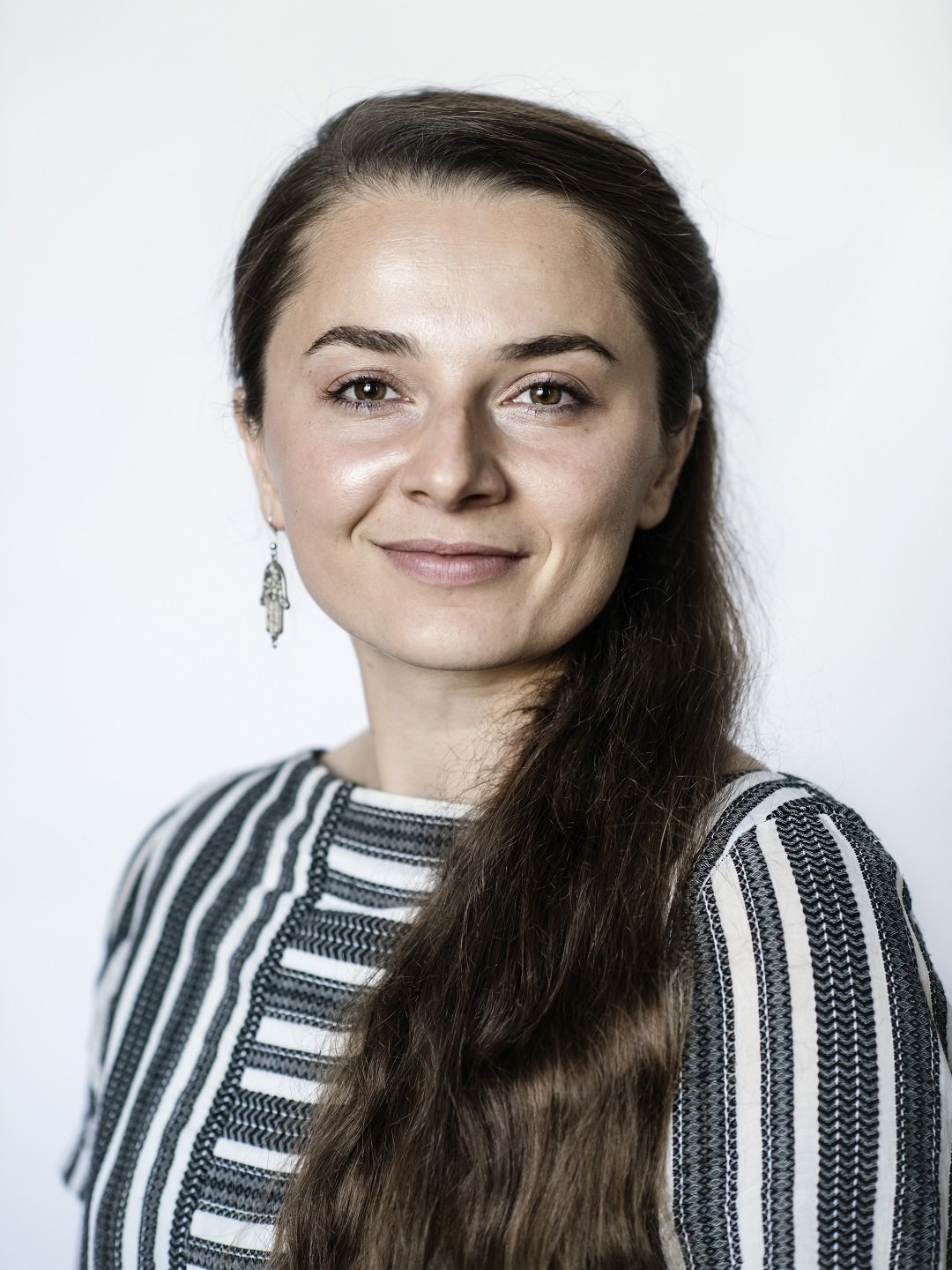Universitetsavisen
Nørregade 10
1165 København K
Tlf: 21 17 95 65 (man-fre kl. 9-15)
E-mail: uni-avis@adm.ku.dk
Ph.d.-forsvar
Ph.d.-forsvar — Daniela Lazoroska defends her PhD thesis "EATING THE FAVELA. THE TASTE FOR THE GOOD LIFE IN CONTEMPORARY BRAZIL".
Date & Time:
Place:
University of Copenhagen, Centre for Health and Society, Department of Anthropology, Øster Farimagsgade 5, 1353 Copenhagen K, room 1.1.18.
Hosted by:
Department of Anthropology
Cost:
Free
Candidate
Daniela Lazoroska
Title
“EATING THE FAVELA. THE TASTE FOR THE GOOD LIFE IN CONTEMPORARY BRAZIL”. A copy of the the dissertation is available for reading in room 16.1.50 at the Department of Antropology. Contact: Vicki Antosz.
Time and venue
3 November 2017 at 14:00. University of Copenhagen, Centre for Health and Society, Department of Anthropology, Øster Farimagsgade 5, 1353 Copenhagen K, room 1.1.18. Kindly note that the defence will start precisely at the announced time. After the defence the Department of Anthropology will host a reception in room 33.1.19.
Assessment Committee
Abstract
This is an ethnography about young Brazilians living in a favela in the northern part of Rio de Janeiro. The dissertation rests on a long fieldwork, “a year of fieldwork and several sporadic visits in the period between 2014 and 2016”, in the favela complex Maré. It took place in a context of violence (drug and police violence) and political changes, both at the national level and at the level of state agencies and NGOs, including the black movement. The favela complex, the site for the dissertation, has also been in the limelight in Brazilian media, particularly during the World Cup and Olympic Games. The young adults in this ethnographic study grew up in a period of radical local and global changes: a period when democracy was being re-implemented in the country after decades of military dictatorship, a period when drug trafficking was intensified in the southeastern regions of the country, a period of recent economic growth and intensified consumption, and a period when the internet and different social media enabled new kinds of global connections. What kinds of social and symbolic boundaries do young adults have to deal with on a daily basis? What kind of agency do they have, and what do they do in order to cope with, avoid or transgress everyday obstacles? In order to answer these questions, the author pays particular attention to the body, to different kinds of consumption practices, and to eating — seen both as an everyday practice of nutrition, and as a metaphor for dealing with the surrounding world in the favela.
